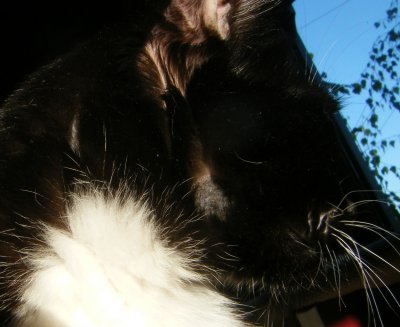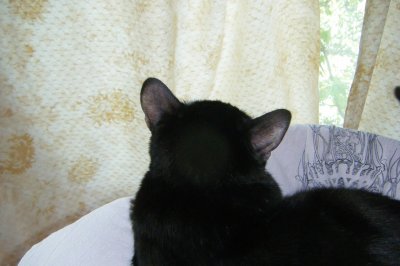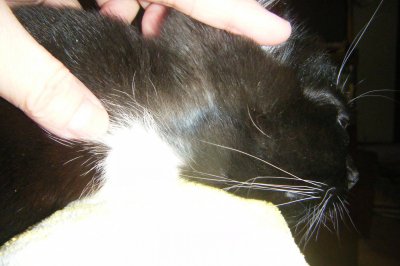- Thread Starter Thread Starter
- #21
- Joined
- Feb 24, 2018
- Messages
- 12
- Purraise
- 5
Yeah it was a lot whiter, but like you said, it could be changing as she gets older. She does groom the area often, as it’s usually where she prefers a good scratch. Trying to get our scent off her I guess  .
.






 )
)